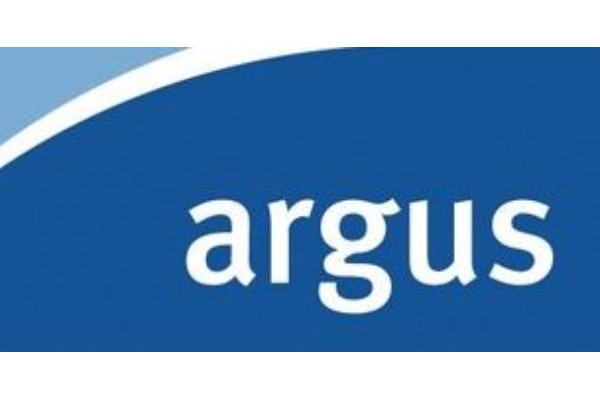Argus, a global energy and commodity reporting agency, has begun publishing daily export-parity prices for LPG shipped from West Africa. The prices are calculated in the same way that many regional propane and butane exports are — as a netback price calculated by subtracting freight and other costs from the Argus Far East Indexes.
For several years, Argus has published import-parity indexes for LPG delivered to West Africa, based on the more cost-effectiveness of US or European-sourced supply when freight to West Africa is factored in. The inclusion of export-parity, as sought by market participants, recognizes that LPG exported from the region, usually to east Asian destinations, is a major determinant of prices in West Africa.
Both sets of prices are intended to serve as a reliable reference point for producers, traders, importers, exporters, and regulators when evaluating and negotiating propane and butane prices across regional supply chains, as well as a fair and transparent basis for domestic consumer pricing in Nigeria and elsewhere.
The export prices are calculated based on LPG going out of Bonny Island, whereas the import prices are calculated based on Lagos, Nigeria.
“LPG is vital for improving public health, reducing deforestation, and leading the transition away from dirtier, more carbon-intensive fuels in Africa.
“Argus has been working closely with market participants and authorities to develop LPG pricing series that appropriately reflect the dynamics of west Africa’s fast growing industry. The positive response to our proposals has encouraged us, and we will continue to try to promote openness in the region,” according to Adrian Binks, chairman and CEO of Argus Media.
“Along with the existing suite of African LPG prices, the propane and butane west African export-parity prices will be provided daily in the Argus International LPG report.
Argus data is used by companies in 140 countries to index physical commerce and as benchmarks in financial derivative markets, as well as for analysis and planning.





